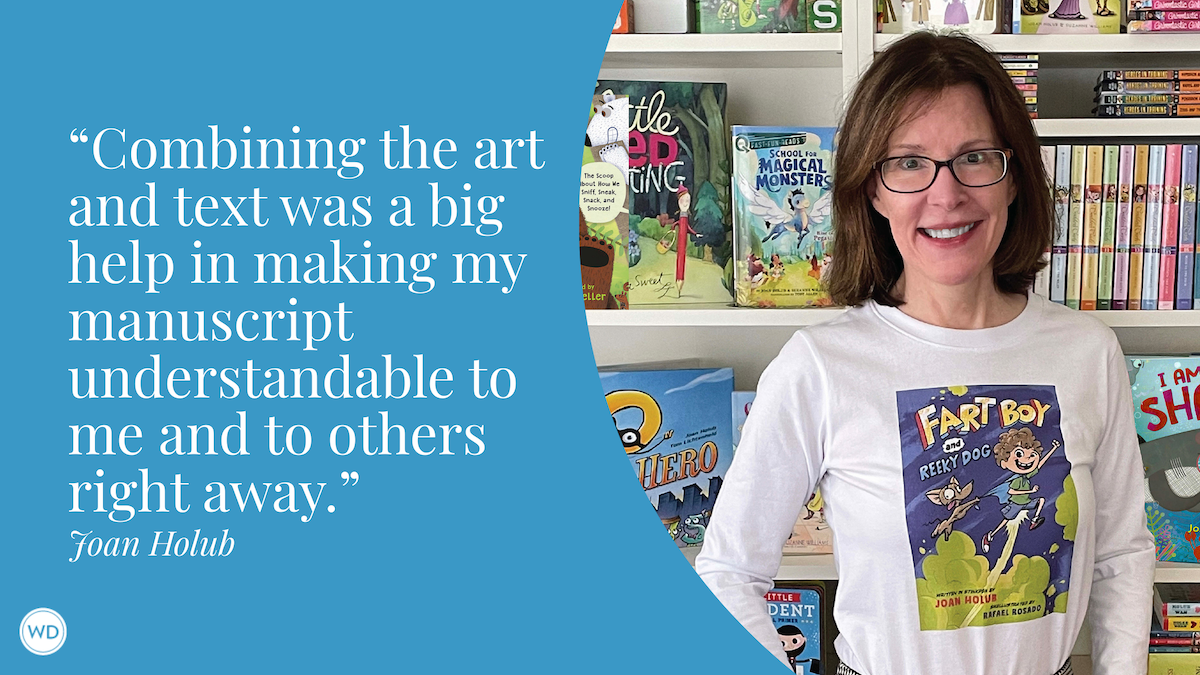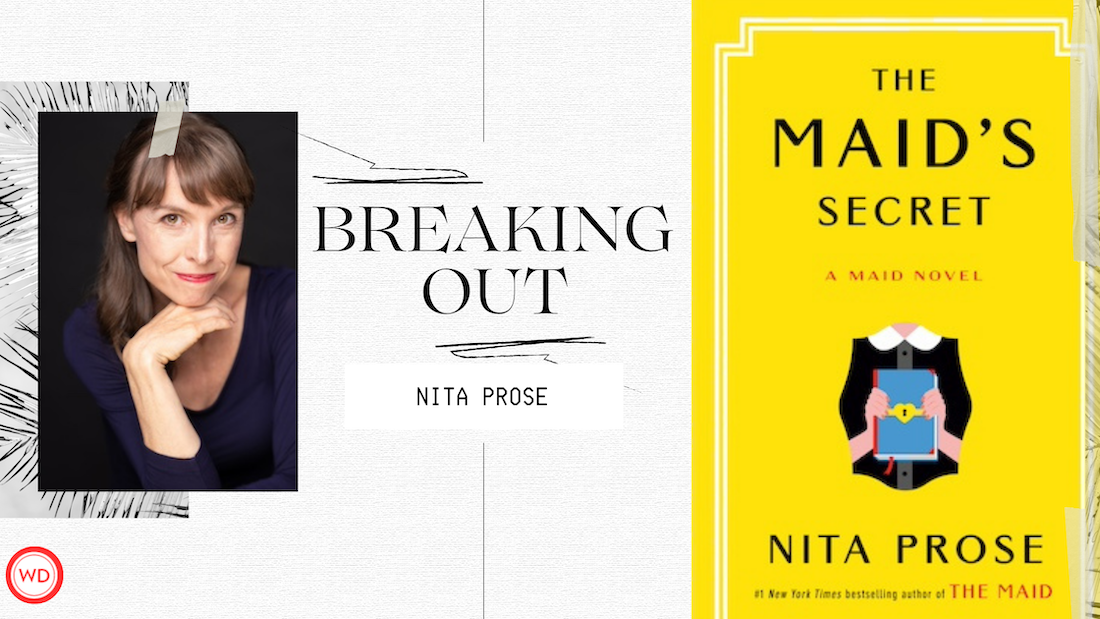Writing Mistakes Writers Make: Not Setting Goals
The Writer’s Digest team has witnessed many writing mistakes over the years, so this series helps identify them for other writers (along with correction strategies). This week’s mistake is not setting goals.
Everyone makes mistakes—even writers—but that's OK because each mistake is a great learning opportunity. The Writer's Digest team has witnessed many mistakes over the years, so we started this series to help identify them early in the process. Note: The mistakes in this series aren't focused on grammar rules, though we offer help in that area as well.
Rather, we're looking at bigger picture mistakes and mishaps, including the error of using too much exposition, hiding your pitch, or chasing trends. This week's writing mistake writers make is not setting goals.
Writing Mistakes Writers Make: Not Setting Goals
This time of year, I often watch a debate between people who are pro-New-Year-resolutions and people who are anti-New-Year-resolutions. Personally, I'm not sure where I fall, because there are years when I set them and years when I don't. In fact, this seems to be one of those not set them years. That said, I believe in setting goals.
Without goals, writers have no destination for their writing. Are you going to write a book? An essay? A poem? A shopping list? Hard to say when you've got no goals. I mean, it could happen, sure, but it could also just easily (and maybe more so) not happen. Because there's no accountability.
A writer without goals may be able to write a few pieces when the mood strikes, but it's probably not likely they'll submit their writing to agents or publishers. The goalless writer probably has no intention of promoting their work, even if they want to "make it" someday.
Well, someday needs to have a goal attached to it...starting today.
Mistake Fix: Make Short- and Long-Term Goals
Here's the first step I always give writers if they want to start finding more success with their writing, regardless of what success means for them: Set some short-term and long-term writing goals.
Why is this so important? Because it helps set the parameters for what success means for a writer. And once a writer knows their definition of success (and it has to be more defined than "making it big"), they can start working toward that success.
So here are some possible short-term goals:
- Write a new poem each week.
- Write a new short story each month.
- Make one writing submission per month.
- Pitch a nonfiction article each week.
These goals may be challenging, but they are possible to accomplish and cross off your short-term to-do list regularly. Meanwhile, long-term goals are more like a compass, giving a general direction to your efforts.
Some possible long-term goals might include:
- Finish a novel draft this year.
- Land a literary agent.
- Publish a book.
- Make the bestseller list in crime fiction.
- Win the National Book Award in Poetry.
It's OK to get a little carried away with your long-term goals, because these are the ones that are more like dreams (and sometimes dreams do come true). But they are specific enough to inform your short-term goals. For example, once a person in New York City decides their destination is Los Angeles, they can start figuring out the specific short-term things they need to do to get from NYC to LA.
So make your immediate short-term goal that you will sit down and scribble out a short-term and long-term goal list. Then, start making that journey to Successville.
*****
Are you ready to take the next step toward a final draft of your novel? This course is for you! Join Mark Spencer in an intensive 16-week coaching session focused entirely on your novel in progress. You'll work with Mark on your choice of up to 60,000 words of your novel or two drafts of up to 30,000 words each.
Robert Lee Brewer is Senior Editor of Writer's Digest, which includes managing the content on WritersDigest.com and programming virtual conferences. He's the author of 40 Plot Twist Prompts for Writers: Writing Ideas for Bending Stories in New Directions, The Complete Guide of Poetic Forms: 100+ Poetic Form Definitions and Examples for Poets, Poem-a-Day: 365 Poetry Writing Prompts for a Year of Poeming, and more. Also, he's the editor of Writer's Market, Poet's Market, and Guide to Literary Agents. Follow him on Twitter @robertleebrewer.








